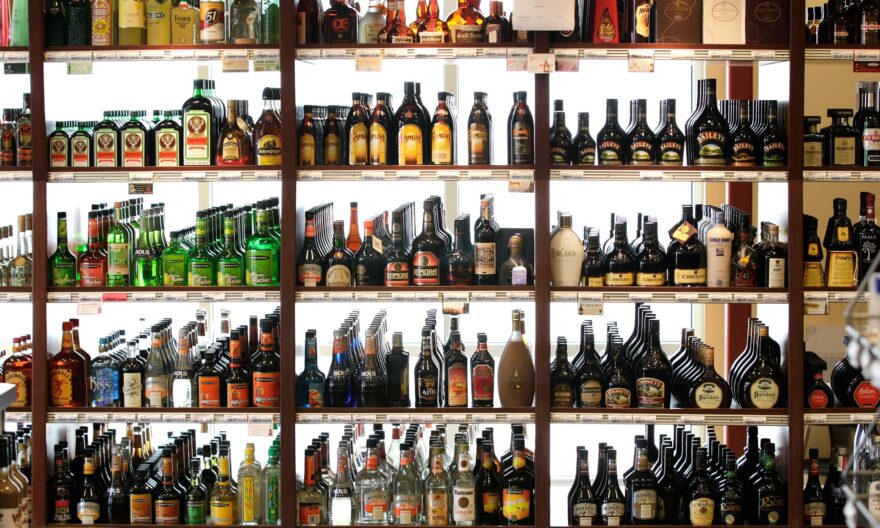
Wisconsin legislators are on the verge of approving a comprehensive reform of the state’s lucrative liquor industry, receiving widespread support from various stakeholders, including small craft brewers, major national brewers, bar owners, and alcohol distributors.
The proposed changes, which encompass the production, distribution, and sale of alcohol, enjoy bipartisan backing and have been in development for several years. The state Assembly is scheduled to pass the legislation on Wednesday, after which it will proceed to the Senate for final approval. Governor Tony Evers, a Democrat who participated in the discussions surrounding the bill, is expected to sign it into law.
One significant aspect of the bill involves the establishment of a new division within the state’s Department of Revenue, tasked with overseeing and enforcing alcohol-related laws. Currently, the absence of such a unit has resulted in inconsistent enforcement practices, leading to uncertainties for new businesses that operate in ways that weren’t anticipated when the laws were initially enacted, according to supporters of the bill.
Advocates who collaborated with Republican legislative leaders on the measure argue that now is the opportune moment to update the laws in a state that witnessed the birth of beer giant Miller in Milwaukee and has experienced a surge in craft breweries in recent years, such as New Glarus Brewing Co., renowned for its Spotted Cow and other beers exclusively available for purchase within Wisconsin.
The proposed legislation has implications for all sectors of the state’s alcohol industry, governing licensing, production, sales, and distribution of beer, wine, and liquor. Referred to as the three-tier system, which originated in the 1930s, these laws have long been considered for revision. However, previous attempts at reform had failed due to a lack of consensus between policymakers and industry stakeholders.
The three-tiered system was established to prevent monopolies by separating alcohol production, wholesale, and retail. However, critics argue that the system has failed to adapt to industry changes, including the rise of small craft breweries and the increasing popularity of wedding barn venues.
Under the proposed bill, wedding barns, which provide alcohol at special events, would face new regulations. They would have the option to obtain a permit allowing them to host events up to six times a year or no more than once a month. Alternatively, they could acquire a liquor license, enabling them to sell alcohol at any number of events.
Opposition to the bill has been most vocal among wedding barn owners, who claim that the new requirements would be costly, burdensome, and could force them out of business. Many wedding barns currently do not possess liquor licenses and instead rely on contracting with external providers for alcohol at events.
Last week, the state affairs committee of the Assembly dismissed concerns raised by some wedding barn owners, asserting that they would need to adapt their business practices accordingly. Proponents of the changes argue that they aim to create a level playing field between wedding barns, which currently do not require licenses, and banquet halls, taverns, and other establishments that must obtain liquor licenses to operate.
Furthermore, the bill would extend operating hours for wineries and subject them to the same regulations as craft breweries and distilleries. Brew pubs would be permitted to operate independent retail stores, and craft breweries would be allowed to sell products from out-of-state breweries. Additionally, the legislation would establish new guidelines for contract brewing, winemaking, and distilling, reflecting the growth of these segments within the industry.
The proposed legislation also introduces a new statewide bartender license. Currently, bartenders are required to obtain licenses from local municipalities, a process that advocates for the change argue is burdensome. Additionally, the bill permits bars in 14 counties in southeastern Wisconsin to extend their operating hours by two to four hours beyond the current limit of 2 a.m. This extension is specifically intended for the upcoming Republican National Convention in Milwaukee.
The measure enjoys broad support, with various organizations endorsing it. Supporters include Anheuser-Busch Companies, the Tavern League of Wisconsin, Kwik Trip, Molson Coors Brewing Co., New Glarus Brewing Company, the Wisconsin Craft Beverage Coalition, the Wisconsin Grocers Association, and the Wisconsin Wine and Spirit Institute.




